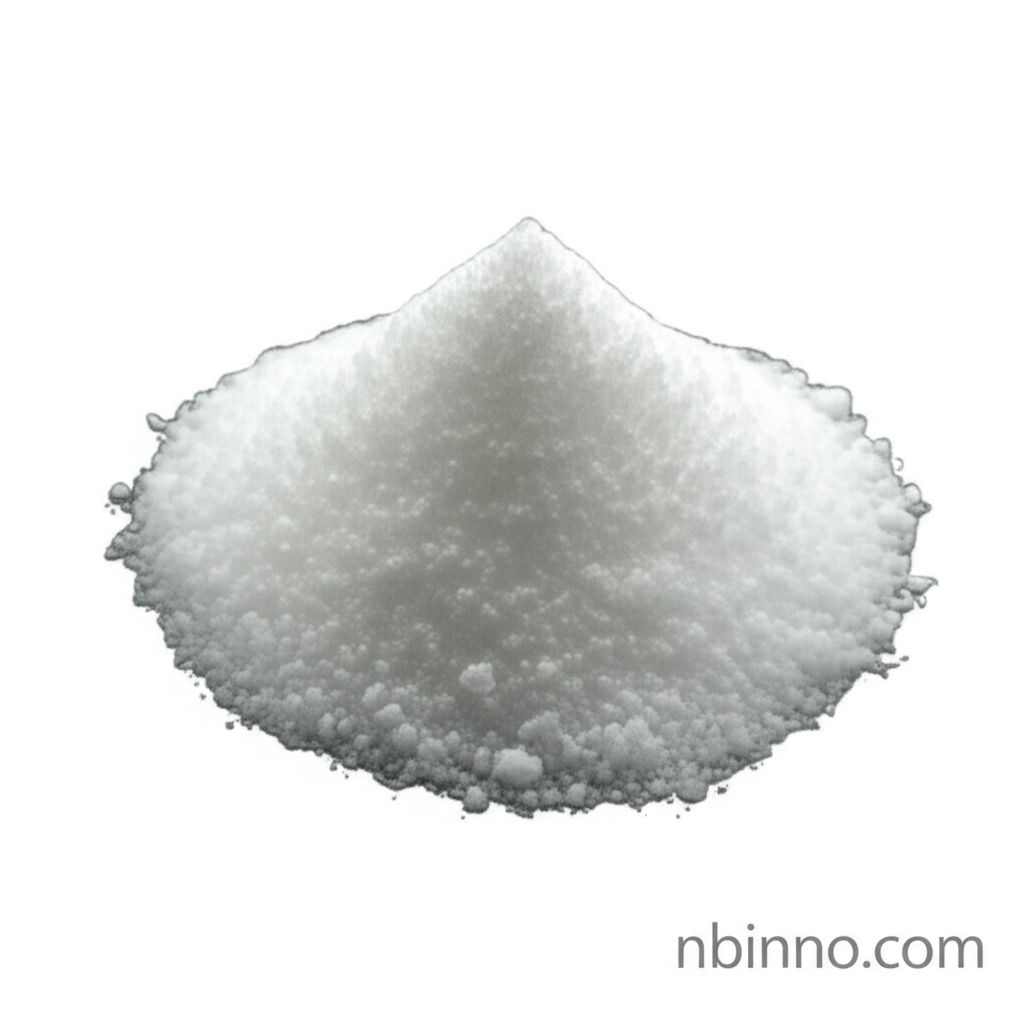2,5-Bis(trimethylstannyl)thiophene: A Versatile Monomer for Advanced Organic Semiconductor Development
Discover the potential of 2,5-Bis(trimethylstannyl)thiophene, a crucial organotin compound serving as a building block for next-generation organic electronic materials. Explore its applications in organic photovoltaics and thin-film transistors.
Get a Quote & SampleProduct Core Value

2,5-Bis(trimethylstannyl)thiophene
As a leading supplier in China, we offer 2,5-Bis(trimethylstannyl)thiophene, a high-purity organotin compound vital for synthesizing advanced organic semiconductors. Its unique thiophene structure with two trimethylstannyl groups makes it an excellent monomer for creating conjugated polymers with tailored electronic properties, essential for high-performance organic electronic devices. Our commitment is to provide reliable chemical synthesis materials that drive innovation in material science.
- Leverage 2,5-Bis(trimethylstannyl)thiophene synthesis for efficient organic semiconductor monomer preparation, enabling the creation of cutting-edge electronic materials.
- Explore the potential of stannylated thiophene for OPVs, enhancing charge transport and overall device efficiency.
- Utilize this key organotin compound in material science applications to develop novel functional materials with specific electronic characteristics.
- Fabricate high-performance organic thin-film transistors (OTFTs) with superior charge mobility by employing 2,5-Bis(trimethylstannyl)thiophene as a precursor.
Advantages Offered by the Product
Versatile Building Block
As a versatile building block, 2,5-Bis(trimethylstannyl)thiophene enables the construction of complex molecular architectures through various chemical reactions, including Stille coupling. This makes it invaluable for custom synthesis and developing novel materials.
Enhanced Electronic Properties
The presence of trimethylstannyl groups on the thiophene ring imparts enhanced reactivity and specific electronic properties, making it ideal for creating materials used in organic electronics and furthering research into stannylated thiophene for OPVs.
High Purity and Reliability
We ensure high purity levels through rigorous synthesis and purification processes, guaranteeing reliable performance in your material science applications and contributing to the development of efficient organic thin-film transistors (OTFTs).
Key Applications
Organic Electronics
As a vital component in organic electronics, this compound is critical for the development of next-generation devices. Its properties are leveraged for innovative material science applications.
Material Science
Its unique structure and reactivity make it a cornerstone in material science research for creating polymers with tailored electronic properties, supporting advancements in polymerizable monomers for OFETs.
Chemical Synthesis
This compound serves as a versatile precursor in chemical synthesis, enabling researchers to build complex molecules and explore new chemical frontiers. Its utility in 2,5-Bis(trimethylstannyl)thiophene synthesis is well-established.
Photovoltaic Devices
It plays a significant role in the fabrication of organic photovoltaic (OPV) devices, contributing to enhanced charge transport and energy conversion efficiencies, directly benefiting from stannylated thiophene for OPVs research.
